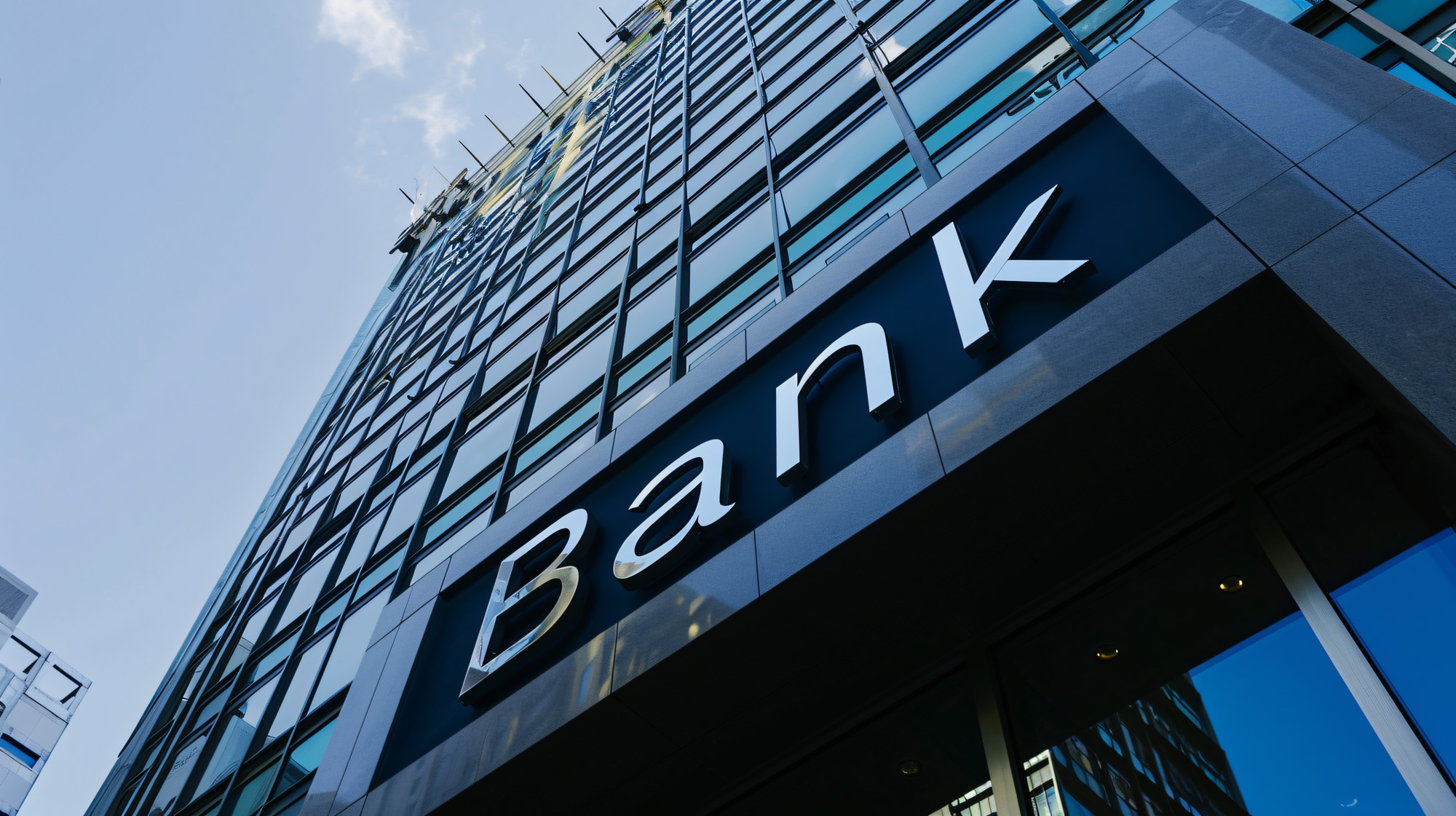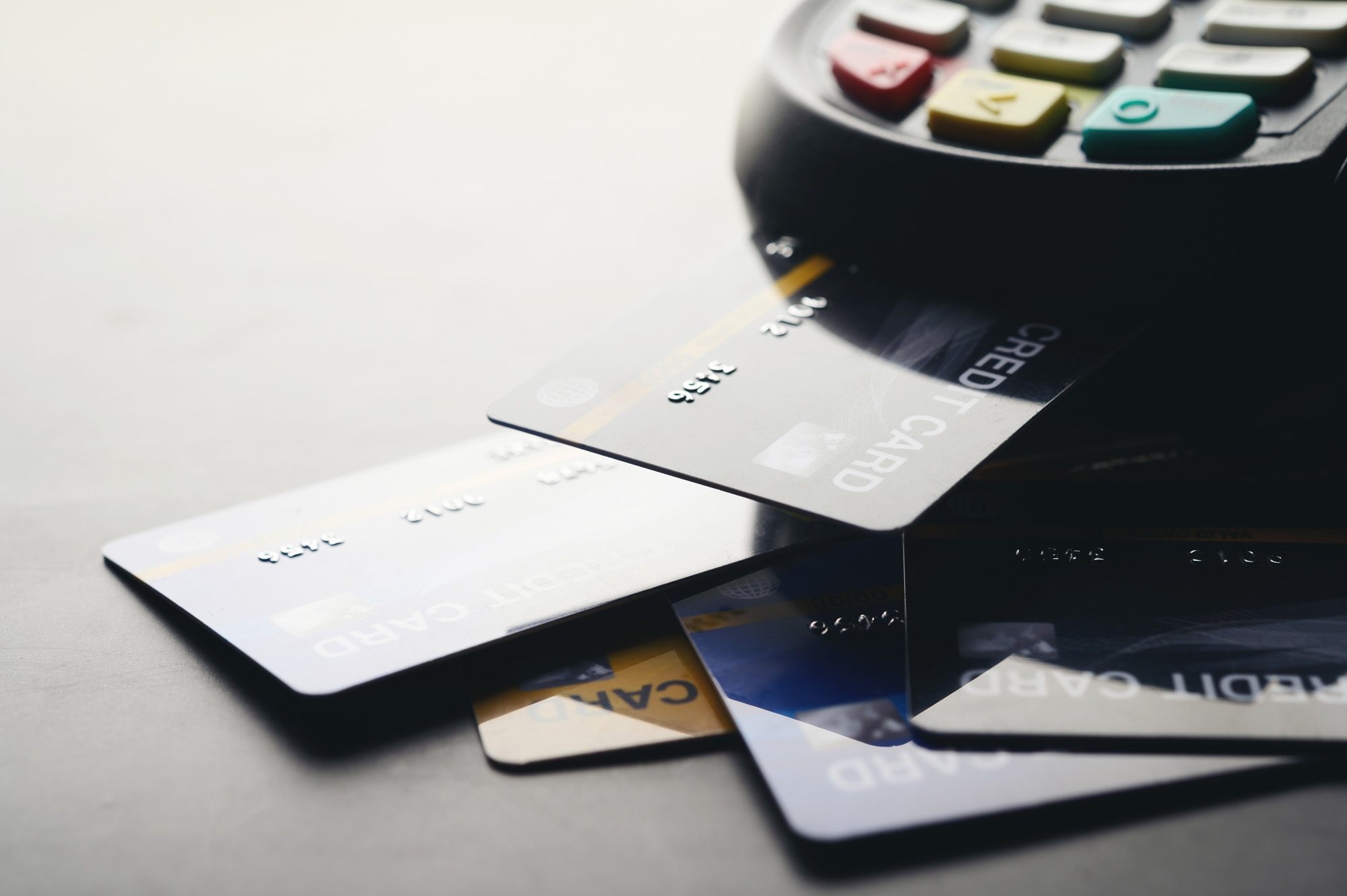
The Bank Has Frozen My Account. What can I do?
It is distressing and confusing when, suddenly and without notice, you lose access to your bank accounts or a funds. This article seeks to explain some of the reasons that may be happening and provide guidance for what you can do about it.
Why?
Banks may restrict access to your account or money for many reasons. Here are some of the more common reasons why this may happen:
- Your bank or a different bank may suspect wrongdoing and the banks need time to investigate the issues;
In line with The Proceeds of Crime Act 2002, banks have an initial 7 business days to investigate a bank account and raise an enquiry with the National Crime Agency (‘NCA’). Depending on the NCA’s response to the banks, this timeline may be extended, and the funds/account may remain restricted for a longer period. In many of these cases, in line with the Section 333A of POCA, banks are unable to disclose the reason for the bank account restriction or provide any clarity as to when the issues would be resolved.
- Someone may have obtained a Court order against you and sent this to your bank. This could be someone who is owed money or a government authority, such as the police or HMRC or NCA, who are investigating you or someone connected to your account;
A creditor can seek an order to satisfy a debt. That order is then sent to your bank and the bank will be obliged to withhold the funds until the debt is satisfied. In addition, as explained in our prior article, Account Freezing Orders: What Can You Do?, investigating authorities can seek an Account Freezing order and seek to withhold your funds or recover them.
- Your funds or account may have a connection with someone on the fraud list;
Banks have internal and external lists containing names of people who may have engaged in wrongdoing. If your name is added to these lists by a bank, your funds may be frozen and your account may be closed. In addition, it can then lead to you losing all other financial products. In addition, if you receive funds from someone who is on this list, it can lead to similar complications for you.
- Your funds or account may have a connection with someone on the sanction list.
Office of Financial Sanctions Implementation (‘OFSI’) is responsible for maintaining and enforcing a sanction list in the UK. Banks would be required to freeze assets belonging to sanctioned individuals and entities, and, therefore, if your name is added to this list or you are associated with someone on this list, your bank account may be frozen.
Although there are legitimate reasons for account restrictions and closures, in some cases, authorities restrict or freeze bank accounts incorrectly. This may be due to a misunderstanding of the fact or a misunderstanding or misinterpretation of the relevant laws. This is particularly common in sanction law cases where sanction laws are not fully understood or followed. As a result, people with any connections to sanctioned countries, such as Iran, Syria, Cuba, etc, often become victims of incorrect bank account restrictions.
Rokhsareh Vahid has been instructed in hundreds of matters involving restricted bank accounts and, have successfully dealt with all types of cases involving bank account restrictions and bank account closures and, regularly, obtained compensation for our clients.
Possible Solutions
It is not always possible to avoid a bank account restriction. However, you can minimise the risks by taking the following steps:
- Keep Your Bank Informed
Clear and complete communication with your bank may be helpful in cases where the transfers are not complicated. For example, if you expect a transaction in your bank account that is unusual, it would be useful to inform your bank in advance in writing.
However, in cases where the transfers involve a sanctioned country, direct communication with the bank may lead to confusion or to incorrect information being provided. Providing false information to your bank may amount to a criminal offence, and, therefore, it is important to communicate with the bank clearly, truthfully, and through the correct channels.
- Always keep your documents
When it comes to funds coming into your account, it will be your responsibility to prove that the source of your funds is legitimate and lawful. Therefore, it is important to retain copies of all documents related to your funds including text messages with payors and any written communications with your bank about the issues.
- Contact Solicitors Early
It is important to take advice early. In some cases, direct communications with the bank can prolong or complicate the matter and lead to further confusion and complications.
Rokhsareh and her team at Forest & Co Solicitors can assist and advise in relation to bank account restrictions, and you can contact her at r.vahid@fcos.co.uk.
Disclaimer
This article provides only general information and does not constitute legal advice. Every case is different and must be evaluated on its own merit. To learn more about your rights and the options available to you, please contact Rokhsareh Vahid at r.vahid@fcos.co.uk. For quality assurance and compliance purposes, senior partners supervise the cases.



